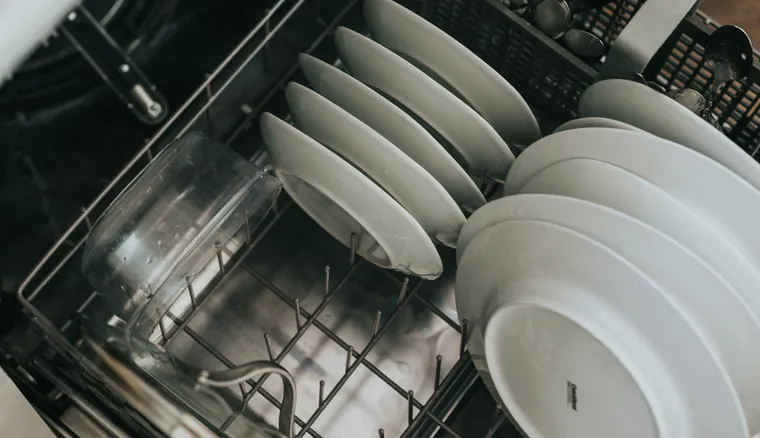Mastering dish cleaning not only ensures a sanitary environment but also hones your time management and teamwork skills. These roles are foundational yet impactful in the food service sector.
Why Dish Cleaning Jobs Are Worth Considering
Dish cleaning jobs may not initially seem appealing, but they offer several benefits that can often be overlooked. These positions provide a critical entry point into the workforce, especially for younger individuals or those new to the job market. The skills gained in these roles, such as time management, attention to detail, and teamwork, are highly transferable and valuable in any career path. Moreover, dish cleaning jobs often present opportunities for advancement within the hospitality industry, leading to more specialized roles such as line cooks or kitchen managers with experience and dedication.
Beyond career growth, dish cleaning jobs can also offer a sense of stability and community. These roles often provide consistent hours, enabling you to establish a reliable routine and steady income. Many dishwashers work in team-based environments where cooperation and camaraderie are essential, fostering a supportive workplace culture. Additionally, working in close proximity to chefs and other kitchen staff can give you unique insights into culinary operations, potentially sparking new interests and passions. In an era where job stability and meaningful work relationships are highly valued, dish cleaning jobs hold more significance than one might think.

Finding Your First Dish Cleaning Job
Starting a dish cleaning job often involves looking in the right places and showcasing a willingness to work hard. Local restaurants, cafes, and hotels often have openings for dishwashers. To find these opportunities, check job listing websites, social media job groups, and even directly visit establishments in your area. Don't underestimate the power of a personable approach, a smile, and a firm handshake when introducing yourself to potential employers. In many cases, employers value enthusiasm and a willingness to be part of the team over prior experience.
When preparing for an interview or approaching potential employers, dress neatly and bring a simple resume highlighting any relevant experience or skills, such as a strong work ethic or the ability to work in fast-paced environments. Be ready to demonstrate your reliability and eagerness to learn. Sometimes, just showing a positive, can-do attitude can set you apart from other candidates. Networking, asking friends and family for leads, and staying persistent can help you land your first dish cleaning job sooner than you think.
The average pay for dish cleaning jobs can vary widely based on location, the type of establishment, and your level of experience. On average, you can expect to earn between $10 to $15 per hour. Some upscale restaurants or large facilities might offer higher wages, especially if the job includes additional responsibilities. Additionally, dish cleaning jobs often provide opportunities for tips and overtime pay, which can increase your overall earnings and hourly wages. While not the highest-paying job, dish cleaning work can be a reliable source of income and a stepping stone to more advanced positions within the hospitality industry.
Dealing with Challenges in Dish Cleaning Jobs
Dish cleaning jobs can be physically demanding, requiring you to be on your feet for long periods and often involve repetitive motions that might lead to fatigue. It's crucial to take care of your health by wearing comfortable, non-slip footwear to prevent slips and falls. Incorporating proper stretching techniques during breaks can also help reduce muscle strain and maintain better posture throughout your shift. Staying hydrated and taking short, regular breaks can make a significant difference in managing physical stress.
Another challenge is dealing with the fast-paced nature of the job, particularly during peak times. Effective time management becomes essential in maintaining a steady workflow and meeting the expectations set by your employer. Prioritize tasks by organizing dishes to optimize cleaning time, and ensure you communicate clearly with your team to handle sudden surges in work volume efficiently. Developing these skills can not only make your job easier but also improve your overall efficiency and job satisfaction.
